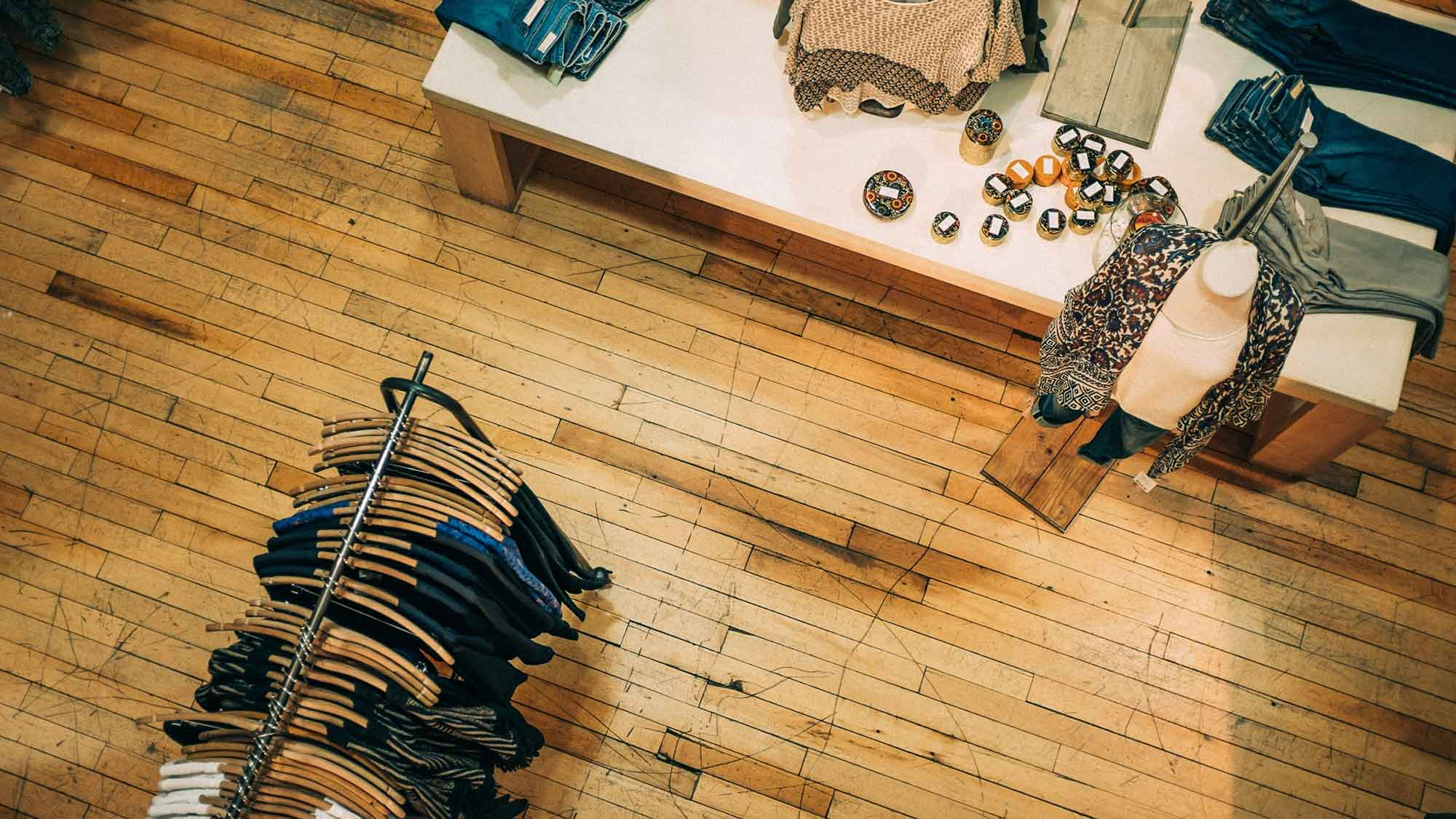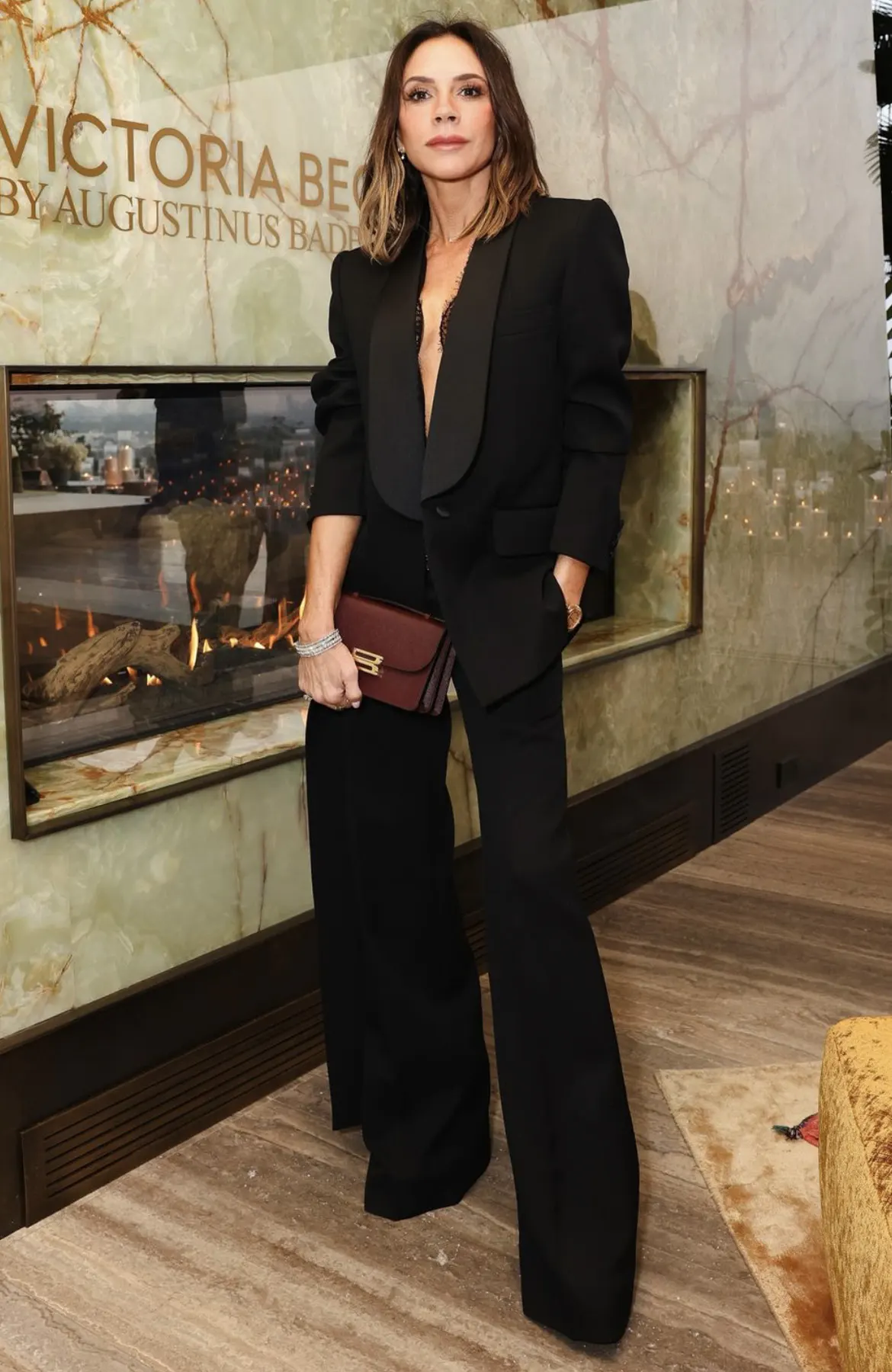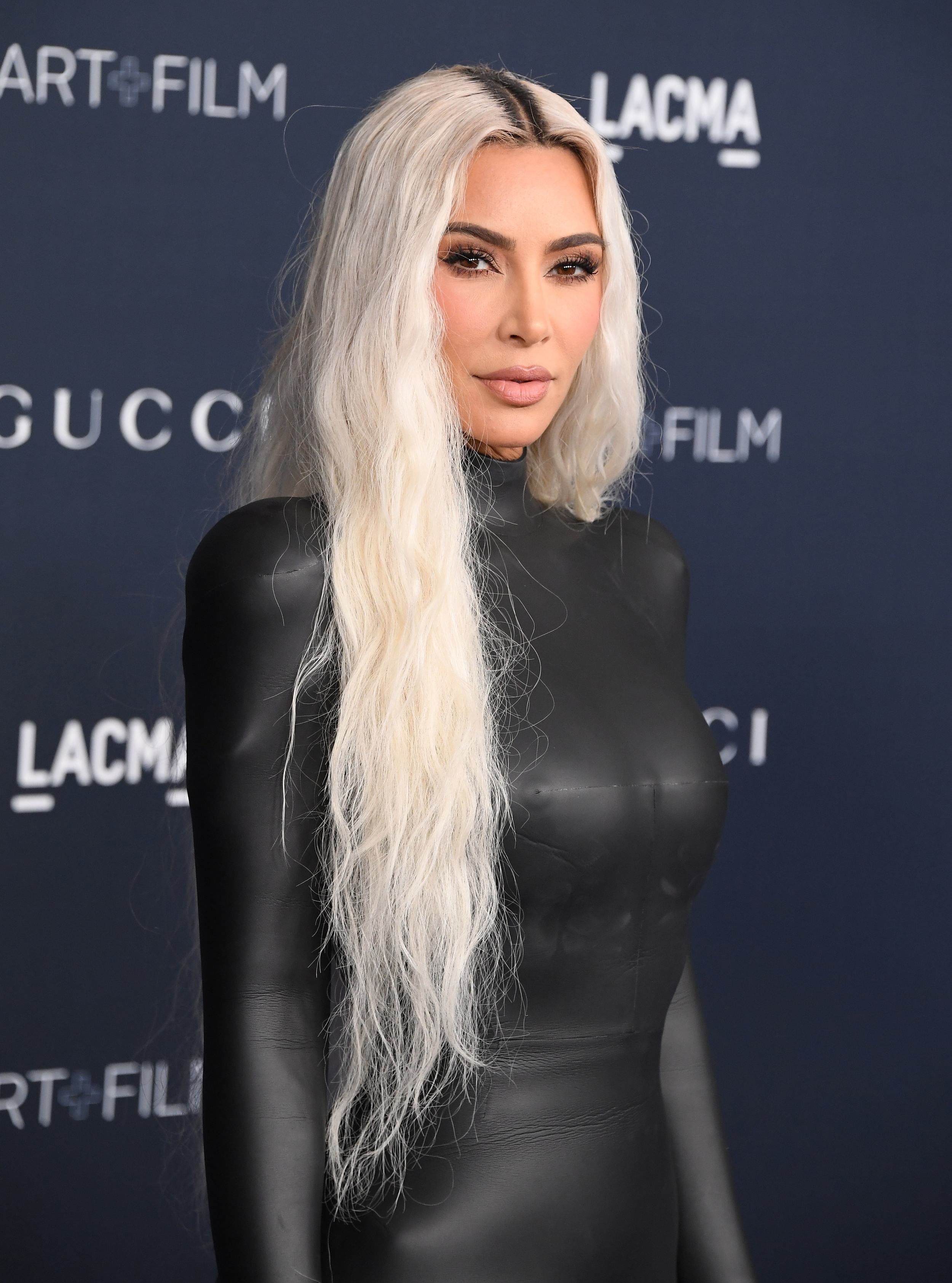Name Vs. Nature: What Really Sells Clothing?
By Jane Gleeson, Fashion Editor
Are you shopping for the clothes or for the name behind them? This is a question which we very rarely ask ourselves when sitting down at our computers to shop the latest celebrity started fashion line. While celebrities and influencers alike are known for their stylish ensembles and trendsetting abilities, does this really put them in a position to set up a profitable - and, more importantly, ethical - business? It’s all well and good taking inspiration from our favourite A-listers but when it comes to spending our hard earned money, do we want to be promoting companies that are just another revenue stream for these celebs or should we be looking elsewhere for the new additions to our wardrobes? There are countless small businesses who deserve the recognition and respect that is so easily attainable when you have a well-known face at the forefront of your business. Smaller retailers are struggling as a result of these emerging fashion empires and we as consumers are continuing to add fuel to the fires. Graduates from fashion schools around the world would jump at the chance to create a brand to the extent that is possible for the Instagram elites – and would they do it better? Because of the platform that they have, these big names have the opportunity to make a big impact in terms of sustainability and ethical choices for each step of their business. While some take this task very seriously, others simply see it as a tick the box and move on from the subject without giving it much thought. Here, we’ll discuss the good, the bad, and the ugly when it comes to celebrity clothing brands as I try to settle the debate of what really sells clothing.
Molly Mae: Maebe
The success of Molly Mae is a wonder in its own right, with everyone's mother, daughter, and sister trying to achieve the Molly Mae look. While this aesthetic has shifted over the years from messy buns to minimalistic blazers, her authenticity has shone through her content and her followers have remained with her at every step of her evolution. Her growth to fame has always been rooted in her love and eye for fashion so it is no surprise that she has launched a brand that emulates this classy comfort aesthetic. Her fashion brand Maebe launched in January of this year, a smart business move that was a natural fit for her personal brand and one that allows her to lean into her love of fashion and create clothes for her following that fit with what already exists in their wardrobe. She focuses on the classics, curating top quality jeans, jumpers and blazers to last a lifetime. But no business is without its failings and Maebe faced its first major hurdle when consumers realised upon receiving their orders that the blazers were not of the high quality that they were expecting. The composition of the blazers was different to what was listed on the website leading to a production error with the garments meant that bobbling occurred within the first few days of wearing the item. Molly handled the situation with grace and showed accountability for the error, acknowledging the mistake and vouching for higher levels of quality control in the future. This level of accountability is crucial for the success of celebrity brands as it shows the care and compassion that they have for the consumer.
Victoria Beckham: Victoria Beckham Ltd
Victoria Beckham has always been a style guru – from her pop star days to her pitchside looks, she has been teeing up for her fashion debut from the start of her career. Beckham's fashion line is synonymous with a desirable classy silhouette taking inspiration from the “posh” nickname she has taken with her throughout her adult life. Her dedication to the fashion industry is separate from her celebrity status as she aims to make a serious name for herself in the world of fashion. The ethical side of her business model is what really stands out to me. The style icon vouched that from 2019 onward she would cut out all use of exotic animal skins from her brand in line with her advocacy for animal rights. Her ethical stance has stood to her in terms of the brands success and its positioning within the industry. After years of grafting in the fashion space, she is now being seen as more than an ex-popstar and is getting the credit she deserves as a critically acclaimed business owner.
Kim Kardashian: Skims
Kim Kardashian has faced a lot of controversy over the course of her career but credit must be given where credit is due and if there’s one thing that the Kardashian clan do well, its creating a business. From makeup to skincare to vitamins, these women know how to dominate their chosen industry and Kim K is no different. SKIMS redefined the way that we view shapewear, shifting our perspectives from an embarrassing taboo undergarment to a chic and classy addition to every wardrobe. She capitalised off of her iconic curves and decided to start a business based on body positive solutions to an everyday issue. The comfort and practicality of SKIMS drew in the masses and has grown organically from a shapewear brand to domination in underwear, lounge sets and now sportswear. NikeSKIMS is the entrepreneurs newest venture which will see her collaborating with one of the largest athleisure brands, Nike, to create a new brand focused on empowering female athletes to look, feel, and perform their best. SKIMS has grown into a household name rooted in inclusivity, with girl gangs around the world asking each other the same question prior to any big event: ‘Are you going to wear SKIMS with that?’
The poster child for sustainable celebrity businesses is of course Beatles daughter Stella McCartney. The British designer founded the company in 2001 and instilled values of ethical consumption and environmental awareness into the business. McCartney’s ethos focuses on swapping out leather, fur and other animal based materials for environmentally friendly alternatives. This stance gives her brand the perfect balance of celebrity involvement and ethical accountability. Her fashion house is renowned for its femininity and tailored designs and her name has grown into one of the most well-known fashion designers in the world. She is a testament to the fact that not all celebrities are content to rest on their laurels, many of them, including McCartney, have worked hard to build their empire and deserve to soak in its glory.
While I would always be the first to tip my hat to those that start their own business, I do wonder if we are really buying from these brands because of their fabric choice or because we crave the conformity of the celebrity look. When the brand feels authentic to the person, it seems to be more digestible and more likely to succeed. This authenticity is apparent in many brands and when paired with smart environmental and ethical business choices it is a recipe for success for the celebrity and results in high quality and desired items for the consumer. The need for transparency in the disclosure of labour practices and environmental impact cannot be understated and it is this crucial piece that allows certain celebrity brands to sore while others never gain traction.






